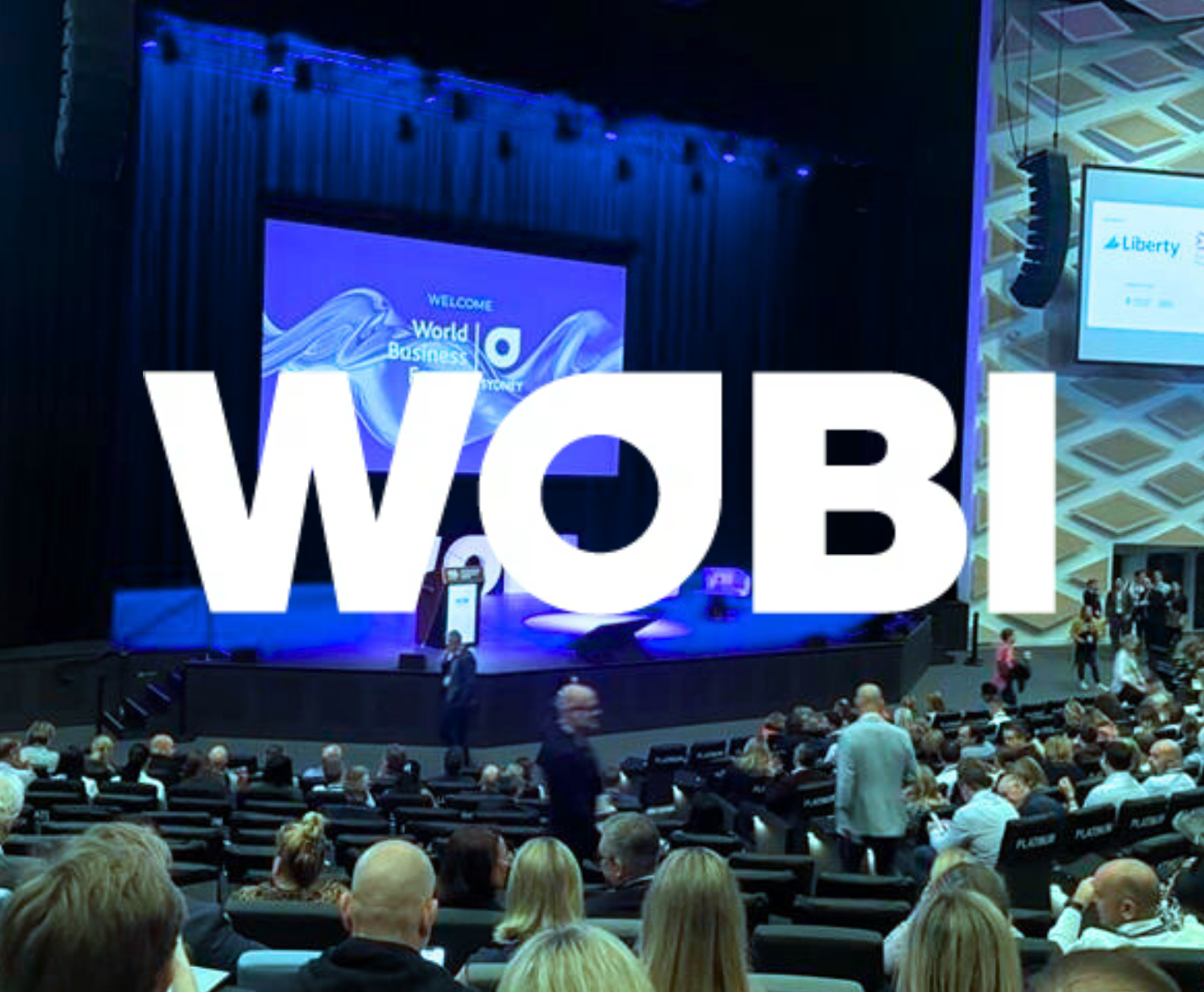Traditionally organisations have focused most of their money and efforts on hiring individuals with high IQ and strong technical skills/knowledge. When you combine this with information about personality, one would assume you would not only have a good indication of whom to hire, but also some clarity surrounding your organisation’s future leaders. Correct?
Growing research over the past 15 years suggests that another key ingredient that distinguishes good leaders from great leaders is emotional intelligence or EI. Having a good understanding of others’ EI will help you to attract, retain and grow a robust leadership pipeline.
Daniel Goleman (1998) analysed the competency frameworks of 188 organisations across varying industries, only to discover that EI is twice as important as technical skill and cognitive ability when trying to predict high performance; particularly in regards to leadership roles.
This is not to say that intellect and technical skills are not important contributors to leadership success, but rather, they are ‘threshold capabilities’, i.e. they are the entry level requirements for executive positions. Further, a recent meta-analytic investigation by O’Boyle et al. (2010) found that EI measures are more important predictors of job performance than personality.
SO WHAT DOES EMOTIONALLY INTELLIGENT BEHAVIOUR ENTAIL?
According to Goleman, there are five components to emotional intelligence at work that fall into a combination of self-management and relationship-management skills:
- Self-Awareness. The ability to recognise and understand your moods, emotions, and drivers, as well as your effect on others. Leaders who are self-aware have a firm grasp of their capabilities and are less likely to set themselves and their teams up to fail.
- Self-Regulation. The ability to control or redirect disruptive impulses and moods and the propensity to suspend judgment — to think before acting. Leaders who are in control of their feelings and impulses are able to create an environment of trust and fairness, reducing politics and infighting, and increasing productivity.
- Motivation. A propensity to pursue goals with energy and persistence. Highly effective leaders are motivated by the internal drive to achieve rather than external rewards.
- Empathy. The ability to understand the emotional makeup of other people and the skill in treating people according to their emotional reactions. Empathy allows leaders to understand their teams’ emotional makeup, appreciate diversity and retain key talent.
- Social Skill. Proficiency in managing relationships and building networks, and the ability to find common ground and build rapport. This is critical to a leader whose task is to get work done through others.
SO CAN EMOTIONAL INTELLIGENCE BE LEARNED?
The good news is yes. Research suggests that while there is a genetic component to EI, nurture plays a role as well. To enhance emotional intelligence, organisations must focus training on the brain’s limbic system, in particular the amygdala, which governs feelings, impulses and drives.
According to Goleman, the human reactions stored in the amygdala can be altered. For example, with repeated practice, a normally short tempered individual can learn to manage and even relearn those initial reactions to frustration or discomfort. More importantly, over time, emotional information which has been stored in the brain can be modified and replaced with effective reactions and responses.







